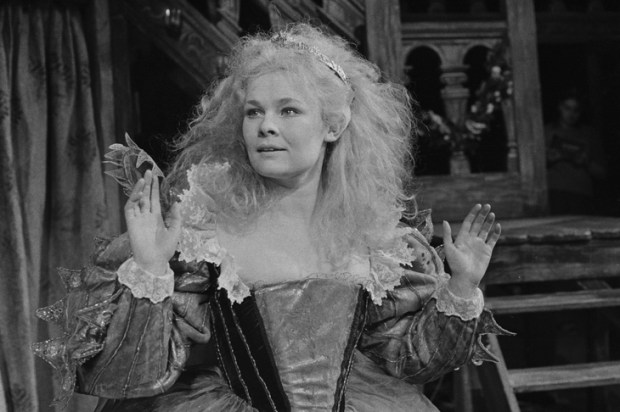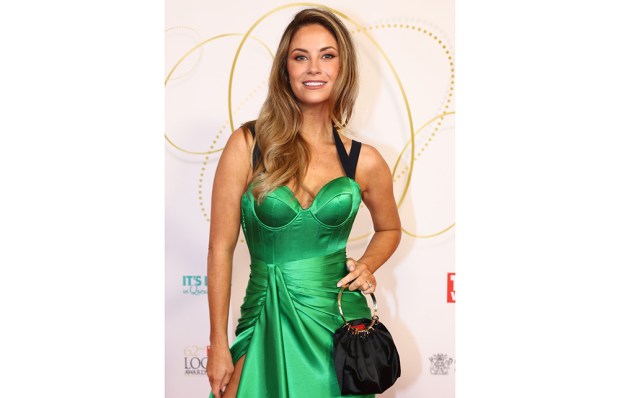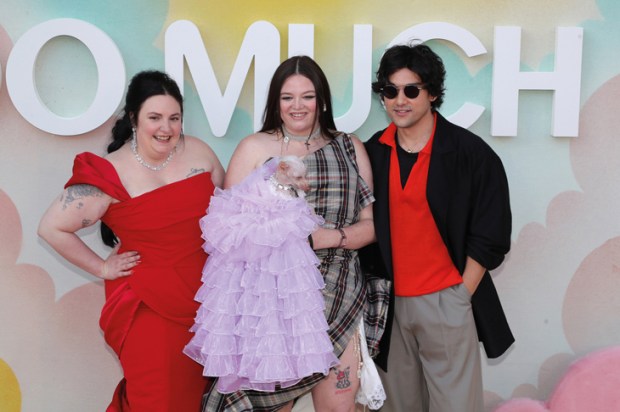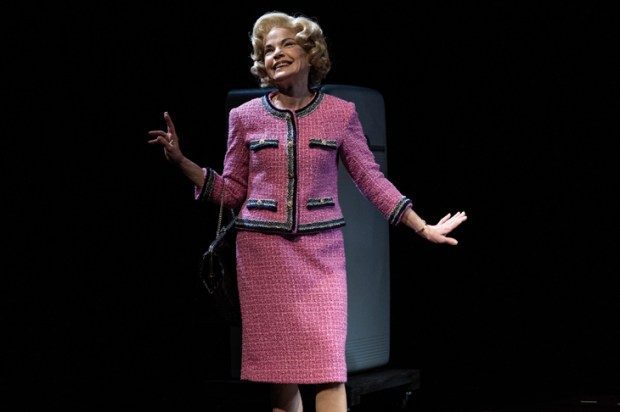You need only pick up Tim Robertson’s Reliques/Pomes to know that you’re in the presence of a man with an infectious love of language who also has a bravura histrionic sense of how to communicate it to an audience. Here is a heartfelt poignant elegy for the great John Clarke which captures his reverence for every lumbering attempt at expressiveness in ordinary speech and at the same time his sense of the comic potential of fiddling about with the great poets of the world.
The mighty Clarkie! / Up there with Yorick and the First Gravedigger / a dryzebone shakesperherean fool. / Made poetry comedy, comedy poetry. / Thank you for kicking the pricks / for your clarity, hilarity and sanity / So sorry you got out of our way too soon / dearly beloved deathless dag.
There’s another one for that great lover of the city of Melbourne, the architect Peter Corrigan, a man of great passions and enduring faith.
Happy to heckle and fang / the invincible ignorance of humankind.
Robertson is as much at home with the lament as the cackling joke and as a poet he treads the space between, as a born actor must. He writes of Phil Motherwell’s snaggletoothy, thimblerrigging grin and when he comes to Betty Burstall, who established La Mama, of That askant hauteur she had / a titled quizzical gaze. The world of Carlton in the ancient glory days of its theatrical renaissance rises up before us in this at once rambunctious and companionable lament for the makers.
He can take on the image of Boris Karloff enduring the make-up for Frankenstein and he can allow his own voice to blend with Mary Shelley’s and the older primeval desolations of the Hebrew Bible. Did I request thee Maker, from my clay / To mould me man? Did I solicit thee / From darkness to promote me? / You who raised me from unhallowed graves?
This is a savant’s book and also a very snazzy one.
It’s an actor’s book of poems with an actor’s sense of excess and it has a very likeable hamminess and an ability to take the mickey out of his own intoxication with language which is a reminder that the greatest legacy in English, the Shakespearean one, is the work of a group of actors. And you can hear in the midst of it not just the ancient villainies of Will Kemp but also the grave music of Richard Burbage, the world’s first Hamlet and Lear.
You also hear distinctly if unstably, a lyricism which is Robertson’s own.
The Red Steer slinks off underground / into the labyrinth of the roots / of a monstrous dead stag, / to glow, an ember embryo deep, deep down.
Who could expect an actor with such buoyancy and such gifts to keep his talent under control? He has a sprightly ocker version of Baudelaire’s ‘Spleen de Paris’ which is a spirited act of blasphemy and he actually dares the all but impossible by having a go at Rimbaud’s ‘The Drunken Boat’ (Running downstream with the restless Rivers flowing.) Well, Rimbaud always sounds a bit heavy in English. It hardly matters and Robertson’s enthusiasm for a major poem of such effortless grandeur is to his credit. He also includes the choruses he wrote for Manning Clark’s History of Australia: The Musical including what became the tuneful ‘We Are They’. That was an extraordinary show and the memory of the 1988 opening at Melbourne’s Princess Theatre with both Bob Hawke and Paul Keating in black tie and looking like the Labor royalty they were is vivid in the mind’s eye. The show into which John Timlin had poured everything looked to us first-nighters as if it would succeed even though there were troubles with the book and the production. Looking back you wonder if it needed one of the magicians of the theatre like Jim Sharman directing and with a big star as the historian hero.
Originally it was going to be much closer to Clark’s history and Tim Robertson was to be the storytelling sage of a one-man show in which he reflected he would be able to use his own voice as Manning Clark, the cultivated mellifluous one as opposed to the grim patriarchal voice of rage in which he tells Ben Mendelsohn to keep his hands of Claudia Karvan’s breasts in Nadia Tass’s screwball comedy The Big Steal.
Manning Clark was an extraordinary figure in the representation of Australian history. He began his A History of Australia in the early 1960s and was seen by the Left as unhelpfully idealist in the philosophical sense. As Don Watson said when he defended Clark in the Nineties, no one had ever refuted Collingwood’s case for a history in which religion and ideas had primacy over economic forces. With the passage of time he came to be attacked by conservatives who thought he knew nothing about the material factors which had shaped Australian life – all that mining and pastoralist endeavour – and he had come to be blindly critical of the way the electorate had voted down Whitlam’s government even though no one liked the dismissal.
But Manning Clark was an extraordinary figure with a haunting sense of the mythologies that touch the Australian mind and which reach their zenith of eloquence not in the multi-volume history but in his Short History of Australia. That’s where he says the Australian character comes out of the tension between the Englishman’s sense of the upright person and the Irish sense of humankind as larrikin or saint. We baulk at this essentialism even though something clicks when we hear it.
They used to call Manning Clark the Knight of the Sorrowful Countenance as if he were an Australian Don Quixote. He had an extraordinary gentleness and God knows he strove for the truth. He was fascinated by Catholicism and the contrary power of the Enlightenment. He was the subject of a dazzling essay of vengeance by his own publisher Peter Ryan but his ghost is still heard. Geoffrey Blainey whose conception of Australian history was opposite to Manning’s said they were at one when it came to the language in which it should be written.
Got something to add? Join the discussion and comment below.
You might disagree with half of it, but you’ll enjoy reading all of it. Try your first month for free, then just $2 a week for the remainder of your first year.













